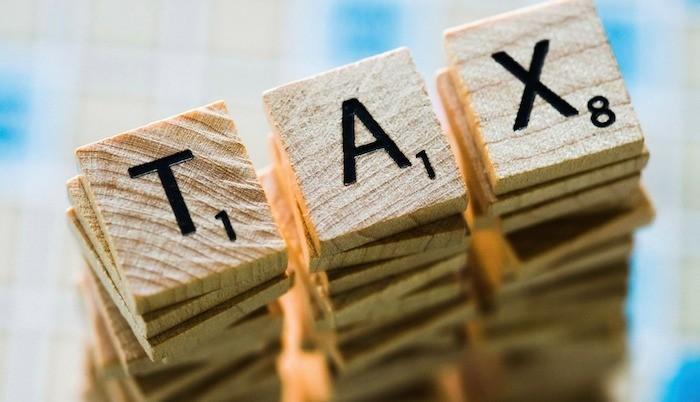News
Introduction of Sin Tax Will Lower Disease Rate, Improve Nigeria’s Health System– ACUF

The introduction of sin tax has been applauded and described as a legislation that will improve Nigeria’s health system.
Dr Chiwuike Uba, the Board Chairman of ACUF, Amaka Chiwuike-Uba Foundation, in a press statement explained that sin tax will reduce the rate of diseases as well as increase government revenue.
Dr Uba commended President Muhammadu Buhari for the development and said the income from the sin tax, if well spent, would drastically enhance the nation’s health sector.
He noted that it will lead to a great reduction in the consumption of harmful goods, especially Sugar-Sweetened Beverages (SSBs) which will in turn improve citizenry’s health.
The placement of N10 per litre excise duty on soft drinks was described as a long-awaited welcome development.
The foundation further advocated for a comprehensive sin tax in Nigeria to cut consumption of potentially health-threatening items, adding that it will increase income for better healthcare of the citizens.
Dr Uba said, “we are hopeful that the federal government will charge 100 percent excise duties on sugar-sweetened beverages, tobacco, alcohol and other potentially health-threatening products.
“The partial introduction of Sin Tax will not only lead to a drastic decline in the consumption of potentially harmful goods especially SSBs, but an increase in government revenue and improvements in the population’s health.
“According to statistics, in 2019, Nigeria was the 7th-largest country with the highest consumption of soft drinks globally, with more than 49 servings of 8 ounces per capita per year. The market is projected to grow by 17.12 percent per year from 2021- 2026. Currently, more than 100 soft drink brands are made or bottled in Nigeria from about 15 bottling or drink manufacturers.”
Speaking on the diseases caused by the consumption of SSBs, the expert said despite the awareness on diabetes, stroke, heart attacks, cancer and associated deaths, the estimated average per capita consumption of soft drinks was approximately 57.02 litres in 2021.
He added that the affordable price increased the purchase of SSBs and a price hike will reduce consumption and encourage intake of organic fruits and fruit juice which will boost agriculture.